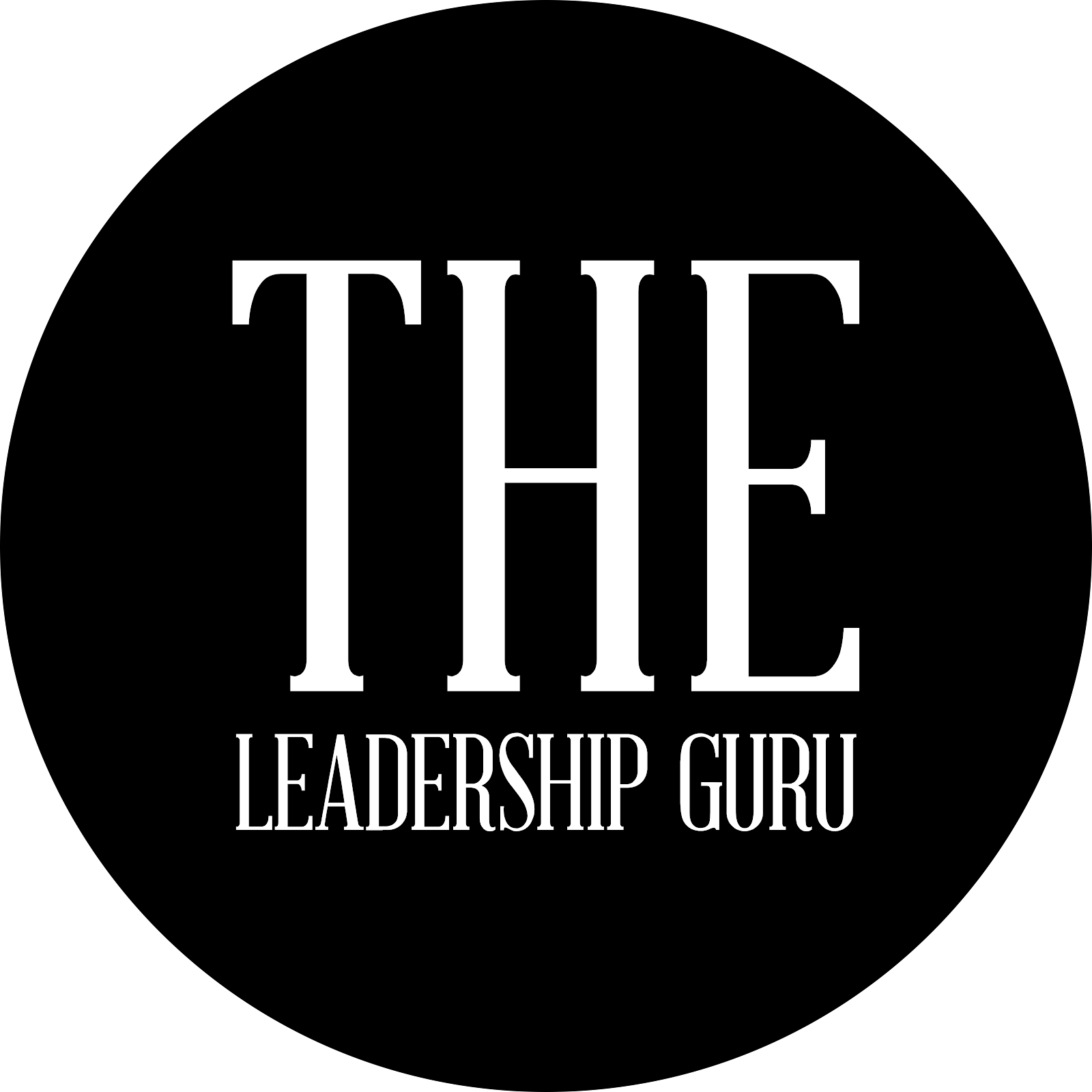Leadership

Leadership Development
At The Leadership Guru, we believe that exceptional leadership is the cornerstone of success. Led by Dr. Cynthia Pace, PhD, CPF, our leadership coaching services are designed to empower individuals and organizations to experience their greatness. Dr. Pace’s practice is built upon this core principle: Successful leaders understand the value of trust and personal responsibility in the workplace. Leadership coaching is a powerful tool that can transform the way you lead and influence others.
Partnering with Dr. Pace provides a unique opportunity to work one-on-one with an experienced coach who can help you navigate the complexities of leadership and develop skills necessary to excel in your role. As a former executive, Dr. Pace can help you develop a clear understanding of your leadership style and identify areas for growth. She will work closely with you to set attainable goals and create an action plan to help you achieve them. Whether you are looking to enhance your communication skills, improve your decision-making abilities, or build a high-performing team, Dr. Pace can provide the guidance and support you need.
Leadership Seminars & Retreats
Held over one day or multiple days, training sessions that develop skills and build knowledge are Dr. Pace’s specialty. Her leadership seminars and retreats are highly interactive, engaging, and full of experiential fun. Research has shown that participants who “think, do, and see,” tend to retain more. Tailored to your organization’s needs, Dr. Pace also uses various leadership associates to enhance her sessions.
Trust and Professional Accountability
Because they are essential leadership competencies, Dr. Pace’s workshops and retreats focus on enhancing trust and personal accountability. Investing in her training program is a sound investment for you and your organization – one that will help drive employee engagement, boost productivity, and promote a positive work culture. Contact us today to learn more about our leadership coaching services or book an event date.







